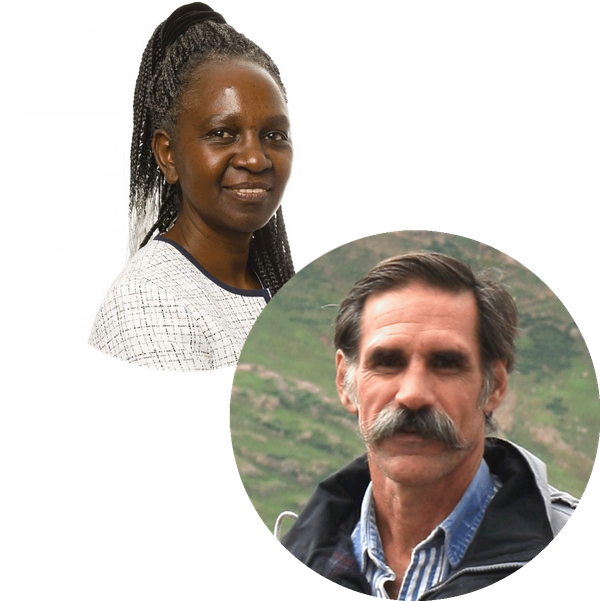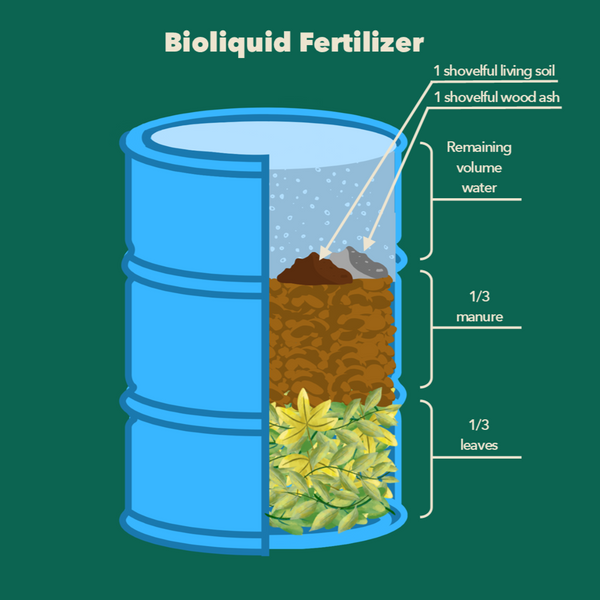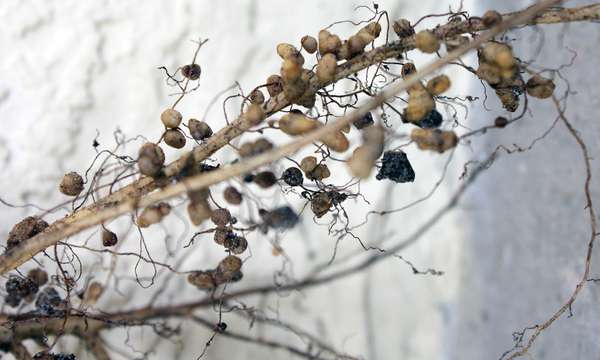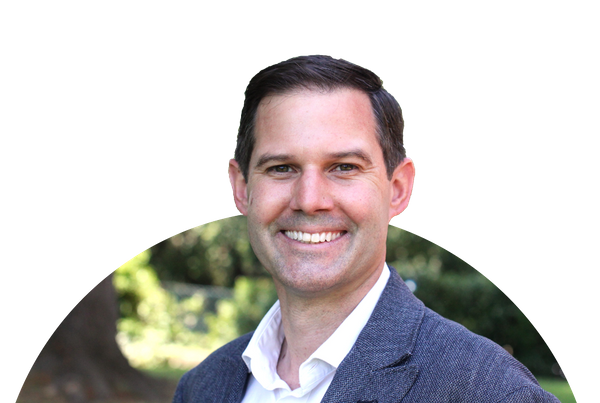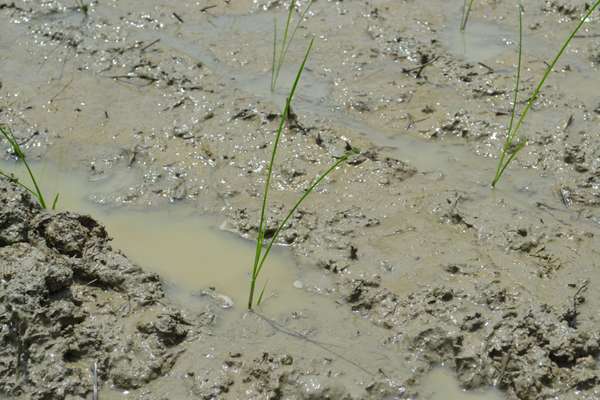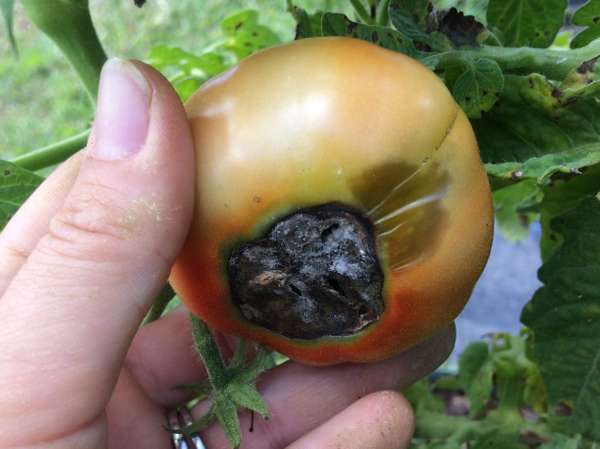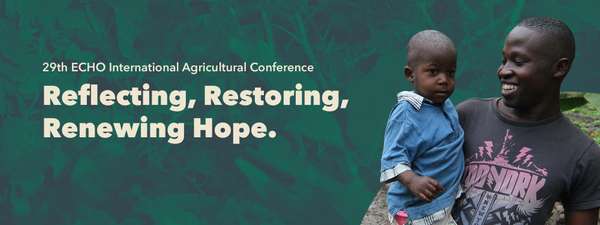ECHOcommunity更新
Composting Coffee Chaff (Silverskin) 2022-08-23
Coffee silverskin is high in nutrients, but contains recalcitrant and phytotoxic compounds, limiting its use as a mulch or soil amendment. Fortunately, composting can reduce or eliminate these problems. Composting has been shown to degrade the phytogenic compounds in coffee silverskin, providing a route for safely returning coffee silverskin nutrients to the soil. Picca et al. (2022) have shown that composting with garden prunings, and biochar eliminated phytotoxicity while making nitrogen readily available. Gonzalez-Moreno et al. (2020) demonstrated a similar outcome with vermicomposting. However, they noted that coffee silverskin can be toxic to worms in high concentrations.
Meet two keynote speakers for ECHO's 29th annual International Agricultural Conference 2022-08-09
Joyce Njoro
Joyce Njoro serves on the Nutrition and Social Inclusion team at the International Fund for Agricultural Development (IFAD). She leads the organization in agriculture-nutrition linkages and rural development investments, targeting smallholder farming families. Joyce has extensive experience in government policy and the intersection of education, agriculture, and healthcare.
Jack Shoemaker
Dr. Jack Shoemaker grew up in Bolivia alongside indigenous people groups as his parents were Bible translators. He has worked with Amazonian peoples and Sudanese families through community development and teacher training. Jack uses his experience and passion for Linguistics and Anthropology to teach at Dallas International University focusing on balancing cultural systems with Biblical exegesis.
Bioliquid Fertilizer Update 2022-08-02
Bioliquid fertilizer (BLF; also known as organic liquid fertilizer) has become popular with ECHO’s network and smallholder farmers around the world. ECHO West Africa introduces and instructs on how to prepare this amendment in ECHO West Africa Note 1 (Sié Kansié, 2017). In March 2022, we made BLF as outlined by Sié Kansié, 2017 with the utilization of pigeon manure and the new growth (leaves and stems) of Mexican sunflower (Tithonia diversifolia). See some of our preliminary results and share your experience with bioliquid fertilizer on ECHO Conversations today! A more in-depth analysis of this natural fertilizer will be shared in October's issue of ECHO Development Notes.
Join the Conversation: Root contributions to soil health 2022-07-26
An ongoing ECHO Conversation has been happening around the contributions of plant roots to soil organic matter, soil life, and overall health of the soil. Questions discussed include when root benefits are observed in the soil, how much biomass can be contributed by annuals vs. perennials, and how management practices might influence root biomass contributions to soil health. Do you have experience to share? Questions needing answered?
Announcing ECHO's New President/CEO: Abram Bicksler 2022-07-19
Bicksler has more than 15 years of international experience, including five years of experience as Director of ECHO’s Asia Regional Impact Center from 2013-2018. Most recently, Bicksler has served as Agricultural Officer in agroecology at the Food and Agriculture Organization of the United Nations (FAO) in Rome, Italy. While at FAO, Bicksler guided agroecology and sustainable food systems initiatives in multiple regions of the world. David Erickson, who has served as President/CEO for the last seven of his 12 years at ECHO, will continue leading through August, 2022. Dr. Abram Bicksler will be joining ECHO in early September.
Bicksler earned his Doctorate and Master’s degrees from the University of Illinois Urbana-Champaign in Natural Resources and Environmental Sciences with a focus on sustainable cropping systems and completed his Bachelor’s degree at Taylor University in Environmental Science and Biology. As a leader and researcher, Dr. Bicksler has been published in a number of journals including: Experimental Agriculture; Agronomy for Sustainable Development; Frontiers in Sustainable Food Systems; the Journal of International Agricultural and Extension Education; Ecosystems and People; the International Journal of Development Research; and, the Journal of Agriculture, Food Systems, and Community Development, in addition to contributing to a number of FAO publications.
At this year's ECHO International Agriculture Conference, Bicksler will be a featured speaker.
From ECHO's Interns 2022-07-05
Beginning in early June, ECHO Florida interns have been studying agronomic crops. Shealyn Otto and Sammie Brittain are two interns who’ve been applying their knowledge on the farm, learning about rice. Using the 'Diamond' variety of rice, along with the System of Rice Intensification (SRI) method, these interns are experiencing hands-on learning.
The planting process has taken two weeks, while harvest won’t be until late October-early November. To begin the SRI method, the interns soak the seeds for 24 hours, then plant them into a seedling bed and water them three times a day. The growth process of the seedlings ranges from eight to fifteen days before they are ready to be transplanted. While this process takes place, the pigs of ECHO’s farm eat away at the weeds of the rice paddy. The interns then extract what is left to prepare the paddy for planting. This June, the interns planted around 60 grams of rice.
“It’s been interesting because the research makes it feel like everything has to be measured and perfect, when in reality the process is a lot more flexible,” Shealyn Otto.
“This process has given me a greater appreciation of that cup of rice I have for dinner, knowing how much work went into it,” Sammie Brittain said.
The interns will present their findings to their instructors Stacy Swartz, Andy Cotarelo, and fellow interns in September. The interns notice the benefits of using the SRI method of planting versus the traditional method, as they see the potential of higher yield for farmers globally. SRI requires less seed, pesticides, and herbicides and only needs to be flooded once a week. Experimenting with SRI allows interns at ECHO to discover methods that can benefit farmers globally.
“We have the opportunity to do experiments at ECHO that other farmers may be unable to because growing rice is their livelihood,'' Sammie Brittain said. “We can then send the research from our experiments to those same farmers.”
To learn more about the SRI method and its potential benefits, here is a link with more information. SRI, the System of Rice Intensification: Less Can be More
EDN #156 Now Available 2022-07-01
In this issue:
- Extending Postharvest Life of Fresh Fruit: Harvest for Quality
- Chicken Compost System
- Echoes from our Network: Microcontroller use
- From ECHO's Seed Bank: Allium cepa ‘Awahia’ A Short-Day Onion Option
- Books, Websites, and Other Resources: Discount on Roland Bunch's Second Edition of "Restoring the Soil"
Extending Postharvest Life of Fresh Fruit
Harvest for Quality
Tim Motis
Excerpt:
Papaya fruit have thin skin susceptible to abrasions and punctures. Skin injuries lead to green blemishes (that remain when the fruit is ripe), weight loss, and disease infection (Quintana and Paull, 1993; Sugano et al., 2013). A poster by Sugano et al. (2013) illustrates the following techniques to minimize papaya fruit damage:
- Use both hands when harvesting a fruit, to keep the fruit being harvested from rubbing against remaining fruit on the tree.
- Wear clean gloves to avoid fingernail damage and buildup of dried sap.
- Trim fruit stems before putting fruit into harvest containers.
- Remove dried sap and soil particles from fruit and harvest containers; this can be done by cleaning with a moist cloth.
- Line harvest bins with material like foam, newspaper, or cardboard.
- Place fruit into harvest containers with the stem ends facing downwards. This minimizes blemishing caused by sap leaking out of cut stems.
- Cover the bins with a blanket to shade the fruit and minimize abrasions during transport.
ECHO East Africa Pastoralist Symposium Videos are Available Now 2022-06-28
The ECHO East Africa Pastoralist Symposium was held online in March, 2022 with about 300 registered attendees. Recordings of the presentations are available now in ECHOcommunity by going to the link http://edn.link/2022eapastoralist .
Crop Management Tip: Blossom End Rot 2022-06-22
Have you experienced blossom end rot before? Blossom end rot is commonly found on tomato, zucchini, pepper, squash, eggplant, and watermelon fruit. It's often mistaken for a disease, but it's actually caused by calcium deficiency in the plant (not always in the soil)! Calcium is a macronutrient required for plant cell walls and cell elongation among other functions. Calcium is taken up passively into plant roots along with water. Deficiency symptoms in leaves are rare so sometimes it is difficult to know if plant calcium is low until blossom end rot appears! Blossom end rot is more common if the growing season begins wet and then shifts to become dry during fruit set. This causes calcium absorption to decrease in the plant as fruit develop. If your growing season is following this trend, practice good irrigation management to increase calcium absorption potential during fruit development.
Calcium is most available in soils with neutral pH (around 7) and becomes less available in slightly acidic (pH of 6) or slightly alkaline (pH of 8) soils. Adjusting your soil pH may help increase calcium availability and reverse the effects of blossom end rot. Options for increasing calcium content of deficient soils include lime (which will increase soil pH), gypsum (which will not change soil pH), or crushed egg shells, oyster/snail shells, or animal bones (bone meal).
Some varieties are prone to blossom end rot while others are resistant to it. Keep good plant records to better understand what crops and varieties show calcium deficiency in which areas of your field or garden.
Registration is Open: ECHO International Agriculture Conference 2022 2022-06-07
For twenty-eight years, ECHO has brought together networks of like-minded individuals devoted to eradicating hunger and improving lives through agriculture and community development. For the past two years, due to novel coronavirus, ECHO’s Annual Conference moved online. This year we are returning to our in-person event. We are thrilled to invite you to join us in Fort Myers, Florida on November 15th-17th to connect once again together on ECHO’s Florida Campus. The ECHO International Agriculture Conference will return with speakers addressing agricultural challenges, personal experiences, and strategies for improving the lives of millions who daily face food insecurity.

